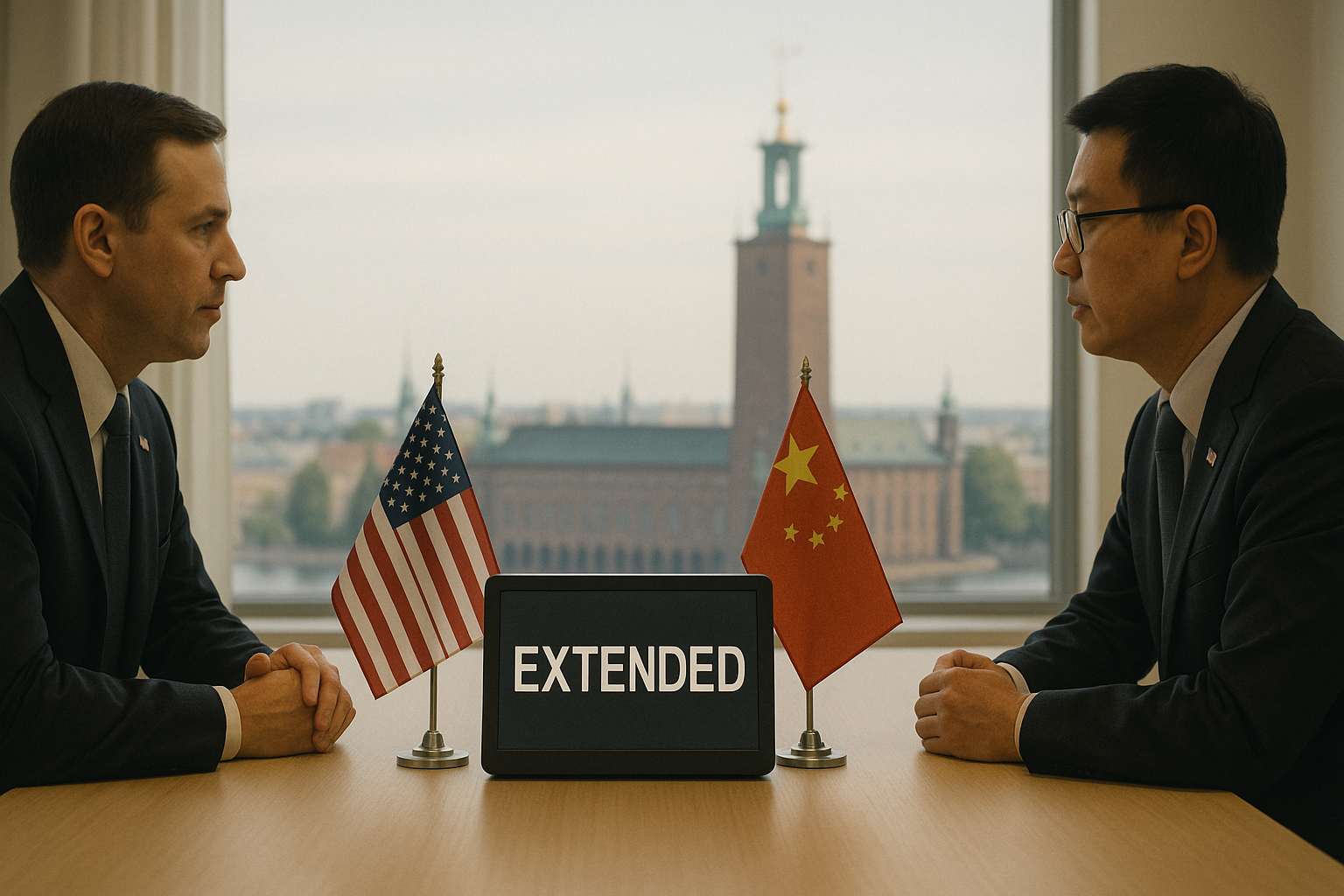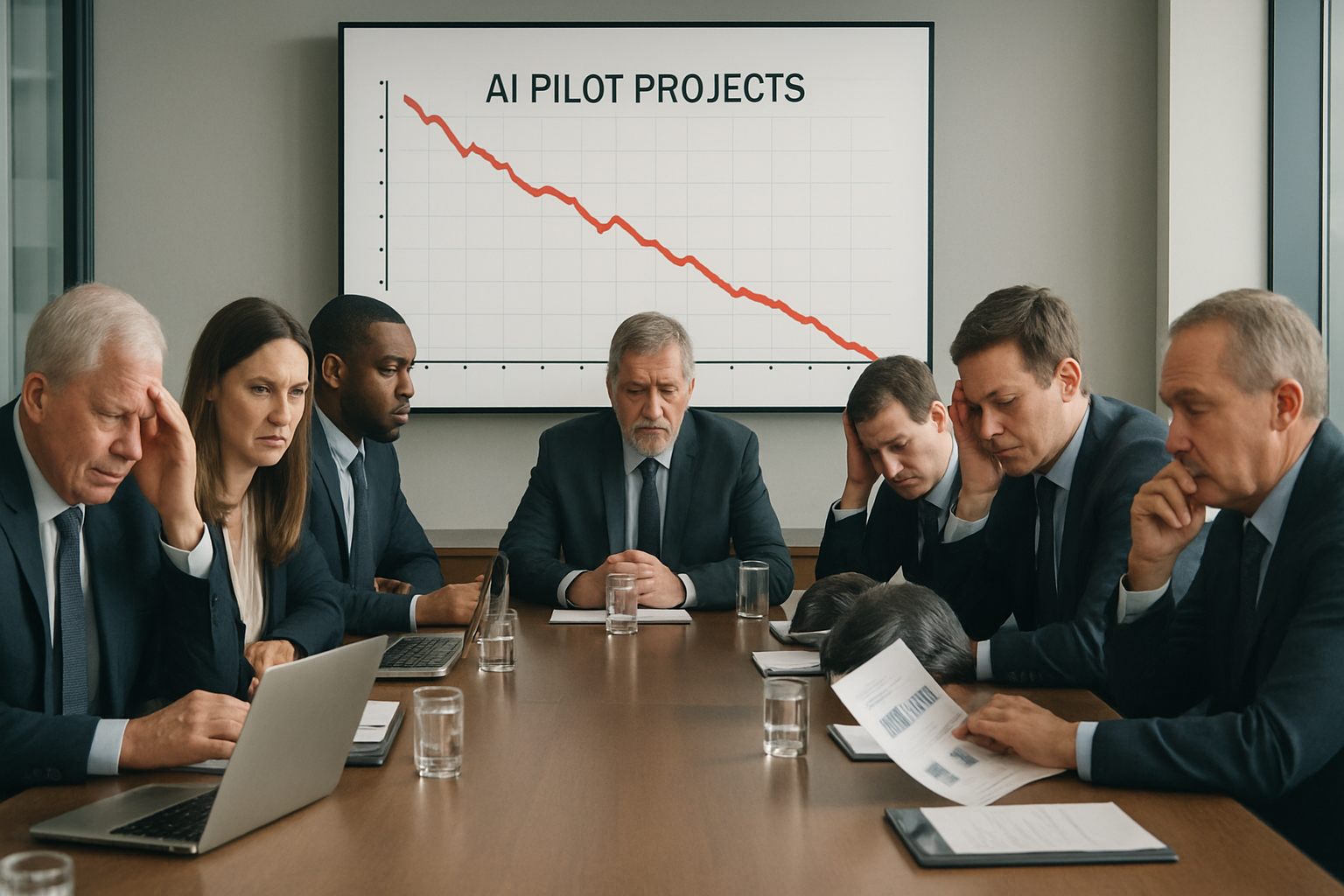In the high-stakes poker game of US-China trade relations, it looks like both sides are about to agree to a new deal—for more time, that is.
Scott Bessent, the financial heavyweight who's been whispered as a potential Treasury Secretary if Trump returns to the White House, has suggested that the August 12 deadline for slapping new tariffs on Chinese goods will likely be pushed back. Why? Because negotiators from both economic superpowers are heading to Stockholm for another round of talks.
If this feels like déjà vu, that's because it absolutely is.
I've been covering US-China trade tensions since the first Trump administration, and let me tell you—these deadline extensions are about as surprising as humidity in August. First comes the tough talk, then the deadline, followed by "constructive discussions" that magically justify hitting the snooze button on economic hostilities.
"The relationship between these two economies has become a perpetual negotiation machine," one senior trade analyst told me last week over coffee. "Neither side can afford to completely disengage, but neither can appear to be backing down either."
The timing here matters. Markets have been jumpier than a cat on a hot tin roof about potential escalation, and for good reason. The last major trade war between these countries sent supply chains into such disarray that some industries are still struggling to recover. Remember those empty shelves and shipping container shortages? Yeah, nobody wants an encore of that particular economic performance.
Look, what's really happening is a classic case of what game theorists call "chicken." Both sides drive toward each other at full speed, hoping the other swerves first. Except in this version, both drivers have passengers (their domestic economies) who start screaming well before impact.
Stockholm makes for an interesting choice of venue. Sweden—neutral, practical, and far removed from both Washington and Beijing—offers perfect diplomatic middle ground. Neither side has to suffer the indignity of appearing to make concessions on home turf.
The economic stakes couldn't be higher. China's recent data has been shakier than a rookie's knees at the free-throw line—consumer spending is wobbly, and the property market remains a mess. The US, meanwhile, is still trying to thread the needle on inflation while avoiding a growth stall.
"These negotiations rarely end with one side claiming total victory," explained Dr. Mei Zhang, who's studied US-China relations for decades. "It's more like... each side needs to walk away with something they can sell as a win back home."
(The last time I visited Beijing in 2019, government officials were already developing this exact playbook—how to declare victory regardless of the actual outcome.)
What should investors make of all this? First, that trade deadlines between these two countries are more like suggestions than commandments. Second, markets typically overreact to the initial threat of tariffs. And third—perhaps most importantly—the real economic damage happens through uncertainty long before any actual tariffs get collected.
It's fascinating, really. Global markets have somehow developed antibodies to trade tension headlines. What once would send stocks plummeting now barely registers a shrug. It's as if investors have incorporated perpetual trade friction into their models, much the way Florida homebuyers now factor hurricane risk into property values.
If the pattern holds (and why wouldn't it?), the Stockholm talks will produce juuust enough progress to justify another deadline extension. Neither side wants economic self-harm, but neither can afford to appear weak, either.
So we dance this peculiar diplomatic tango once again. Two steps forward, one step back, pause for dramatic effect, and repeat.
I'll be watching companies with significant Chinese supply chain exposure this week. The relief rally from a deadline extension might create buying opportunities for those who recognize that in this particular chess match, we're still in the middle game—nowhere near checkmate.
After all, in the world of international trade negotiations, deadlines aren't really deadlines until both sides decide they are.




